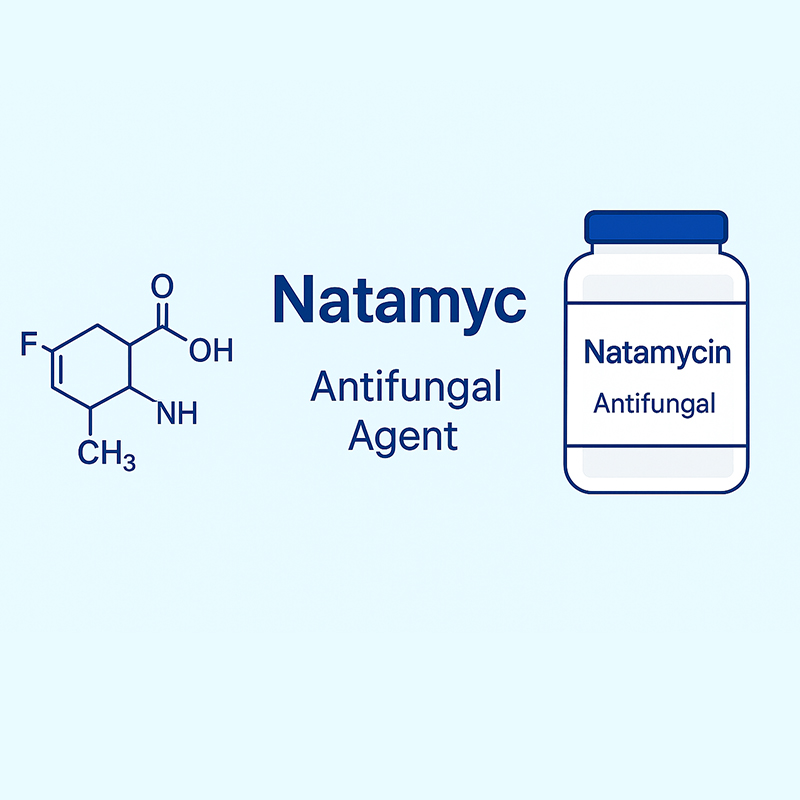Application of ε-Polylysine, Nisin, and Natamycin in Beef Jerky
ε-Polylysine is a naturally occurring antimicrobial peptide that has been used effectively to prevent the growth of Listeria monocytogenes and other harmful bacteria in meat products. When incorporated into the marinating or packaging process, ε-Polylysine inhibits the microbial activity that leads to spoilage and ensures the safety of jerky products for extended periods.
Effectiveness: Significant reduction in bacteria and mold growth. Maintains flavor integrity and product appearance. Effective against both aerobic and anaerobic microorganisms.
Shelf Life Extension: Increased shelf life by up to 25%, reducing the risk of spoilage over time. Maintains color, texture, and flavor without altering the sensory profile.
Nisin is another natural antimicrobial peptide that is effective in controlling bacterial growth, particularly Clostridium botulinum and other spoilage bacteria. As a safe and GRAS (Generally Recognized as Safe) ingredient, Nisin is widely used in meat products to preserve the quality and safety of processed meats, including jerky.
Effectiveness: Inhibits the growth of Gram-positive bacteria. Prevents toxin production, which is crucial for preserving food safety.
Shelf Life Extension: Nisin enhances the shelf life of beef jerky by up to 30%, keeping the product safe for a longer period. Helps preserve texture, preventing the development of unpleasant off-flavors and odors.
Natamycin is a natural antifungal agent that is commonly used to control mold growth in meat and dairy products. In beef jerky, Natamycin is especially effective in preventing the growth of surface molds and yeasts, which can compromise both the safety and aesthetic appeal of the product.
Effectiveness: Inhibits the growth of fungi such as Aspergillus and Penicillium, which can form on jerky during storage.
Preserves the visual appeal of the product, preventing mold spots that affect consumer perception.
Shelf Life Extension: Extends shelf life by up to 40% in humid environments, where mold growth is a significant concern.
Helps maintain product integrity and marketability.
Summary of Benefits: By incorporating ε-Polylysine, Nisin, and Natamycin into beef jerky production, manufacturers can significantly enhance product safety, extend shelf life, and ensure product consistency.
These natural preservatives:
Provide effective microbial control against both bacteria and molds.
Do not alter the sensory attributes of the jerky, maintaining flavor and texture.
Offer a clean-label alternative to synthetic preservatives, aligning with consumer demand for natural ingredients.
Comply with food safety regulations and are safe for consumption at the recommended levels.
.jpg)

.jpg)